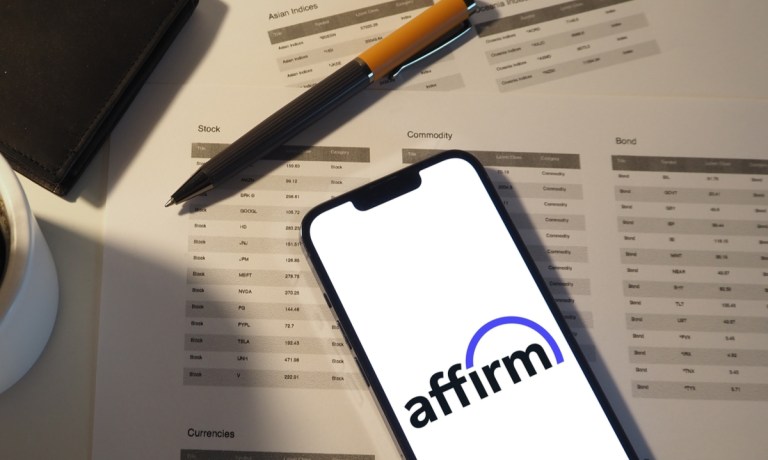SensePass Adds Affirm Pay-Over-Time Option to Retail Payment Orchestration Platform

SensePass partnered with Affirm to enable SensePass merchants to offer their customers the option to pay over time.
Via the collaboration, Affirm’s offerings are available on SensePass’ retail payment orchestration platform, effective Wednesday (June 5), the companies said in a Wednesday press release.
“The SensePass + Affirm solution enables merchants to easily and seamlessly offer Affirm in-store to grow revenue and average order value (AOV) with the same ease as online, with no downloading required for customers and minimal staff training,” SensePass CEO and Co-founder Moty Arcuschin said in the release. “Additionally, the solution utilizes self-powered tags that save the cost of payment terminals while enabling easy handling of shopping picks.”
The Affirm offerings provide consumers with a real-time approval process, after which they can select from custom payment plans with APRs starting at 0% for eligible purchases and can see the total cost of their purchase, according to the release.
For merchants, the offerings help drive sales and boost customer loyalty, the release said. More than 279,000 U.S. merchants currently partner with Affirm.
The offerings join the SensePass platform that enables merchants to accept more than 100 forms of digital payments, in-store, online, via pay-by-link or over the phone, per the release.
PYMNTS Intelligence found that many shoppers use buy now, pay later (BNPL), with 19% saying they used BNPL in the previous three months.
Forty-three percent of shoppers who already used BNPL said they planned to use it in the next year, and 15% of those who had not used the payment method planned to do so in the future, according to the PYMNTS Intelligence report “Tracking the Digital Payments Takeover: What BNPL Needs to Win Wider Adoption.”
Affirm has seen growth in spending at mid-sized businesses — those with a gross merchandise value (GMV) of $10 million to $15 million — that want to become larger-sized merchants, Affirm CEO Max Levchin said May 8 during the company’s quarterly earnings call.
“They’re awesome because they are very growth-centric businesses,” Levchin said. “And when merchants grow, we grow faster.”